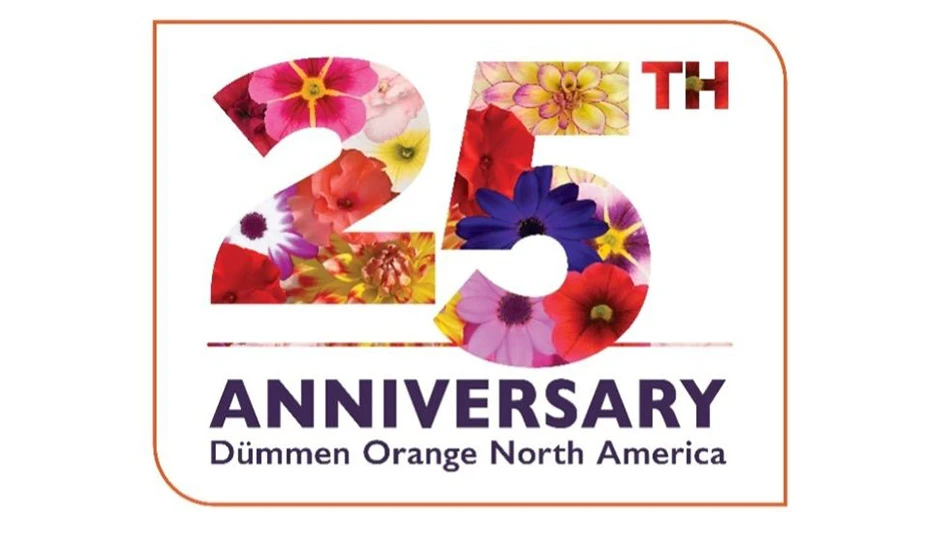 A recent survey in a well-known business magazine looked at the factors that make an employee want to stay with a particular company. The number one reason was “I enjoy the work I do” (67 percent), which was followed by “My job fits well with other areas of my life” (65 percent) and “The relationships with my boss and coworkers” (60 percent). Company benefits was fourth (59 percent) and pay was fifth on the list with only 49 percent of employees saying it was the main reason they stayed. What can we learn from this survey?
A recent survey in a well-known business magazine looked at the factors that make an employee want to stay with a particular company. The number one reason was “I enjoy the work I do” (67 percent), which was followed by “My job fits well with other areas of my life” (65 percent) and “The relationships with my boss and coworkers” (60 percent). Company benefits was fourth (59 percent) and pay was fifth on the list with only 49 percent of employees saying it was the main reason they stayed. What can we learn from this survey?
Well I believe that anyone who is interested in getting the best out of their employees should think about how they reward and recognize their team. This is a proven way of not only improving performance but also increasing retention of your best people. The amazing thing about this strategy is that it doesn’t have to actually cost you anything and yet many business owners still don’t do it.
How can you use rewards other than financial incentives? Non-monetary rewards for a job well done are often more effective than a cash bonus. You just need to think about what you would like as a reward if you were the employee. Time off is very powerful, especially if it is allowing someone to leave work early or arrive late so that they can fit in a personal commitment or hobby outside of work. Other effective non-monetary rewards are things like a prime parking place at the office or buying the employee a coffee, lunch or dinner. You are only limited by your imagination when it comes to this sort of reward.
Also non-monetary rewards give you a chance to show that you know what is important to your team and that you care enough to take notice. As an example, a sales manager at a car dealership knew that one of his sales executives was having issues with her fridge at home. When she had an outstanding sales month, he purchased her a new fridge and had it delivered to her house. This was certainly a memorable bonus.
Now let’s discuss recognition, because this is a huge motivator for your best people if used appropriately. The key is to know how and when to use recognition. First, praise for a job well done should be given as soon as possible after the event. Second, the praise should be very specific so that the employee is in no doubt about what positive action they are being praised for. By doing so, there is a far greater chance that this behavior will be repeated. As Ken Blanchard said in his famous book “The One Minute Manager,” it is about catching someone doing something right.
The other thing to ask yourself before praising a member of your team is, “What sort of personality type do they have and how would they like to be praised?” An extrovert sales person likes to be praised often and in public as it reinforces their self-worth and gives them the peer recognition they crave. However, a more introverted member of the team in an administration, finance or HR position may prefer just a quiet but sincere thank you in private or even in a hand-written note. This can be a very powerful motivator if done in a way that shows authenticity and appreciation.
I was not always very good at rewards and recognition, especially in my early career, but I soon realized that the more you can tune into what motivates your people in their lives, the more you can use this to reward their performance at work. Be creative with your rewards and generous with your recognition, and you will find that not only will the performance of your team improve, but you will also keep them working for you for longer.

Explore the September 2015 Issue
Check out more from this issue and find your next story to read.
Latest from Greenhouse Management
- Flexible fungicides
- Super Charged Moon Juice from Moon Valley Nurseries now available nationally
- 2025 Proven Winners Horticulture Scholarship applications now open
- How to improve inventory and shipping management in the greenhouse
- Leading Women of Horticulture: Anna Ball, Ball Hort, and Terri McEnaney, Bailey Nurseries
- GM CEA HERB Part 2: A guide to increasing the sowing density of culinary herbs
- GM CEA HERB Part 1: Best practices for producing culinary herbs in controlled environments
- USDA fires experts on invasive pests, including Asian citrus psyllid, chilli thrips





